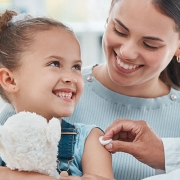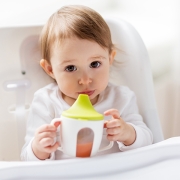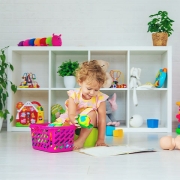
The World Health Organization has issued a warning about the rapid spread of measles around the world, noting a 79 percent increase in cases compared to 2022, with more than 306,000 cases reported last year. As of April 18, 125 measles cases have been reported across 18 US jurisdictions in 2024. As a comparison, the entirety … Continue reading “Measles Cases Are on the Rise: How to Protect Your Child”

Negative emotions are an unpleasant and unavoidable part of life. These feelings often stem from the difference between expectations and reality. When negative emotions creep in during holidays, birthdays, and other events where people are expected to feel only positive emotions, anxiety and distress can become enhanced. However, this doesn’t have to be the case. … Continue reading “Benefits of Accepting Negative Emotions”



Article at a Glance





Article at a Glance